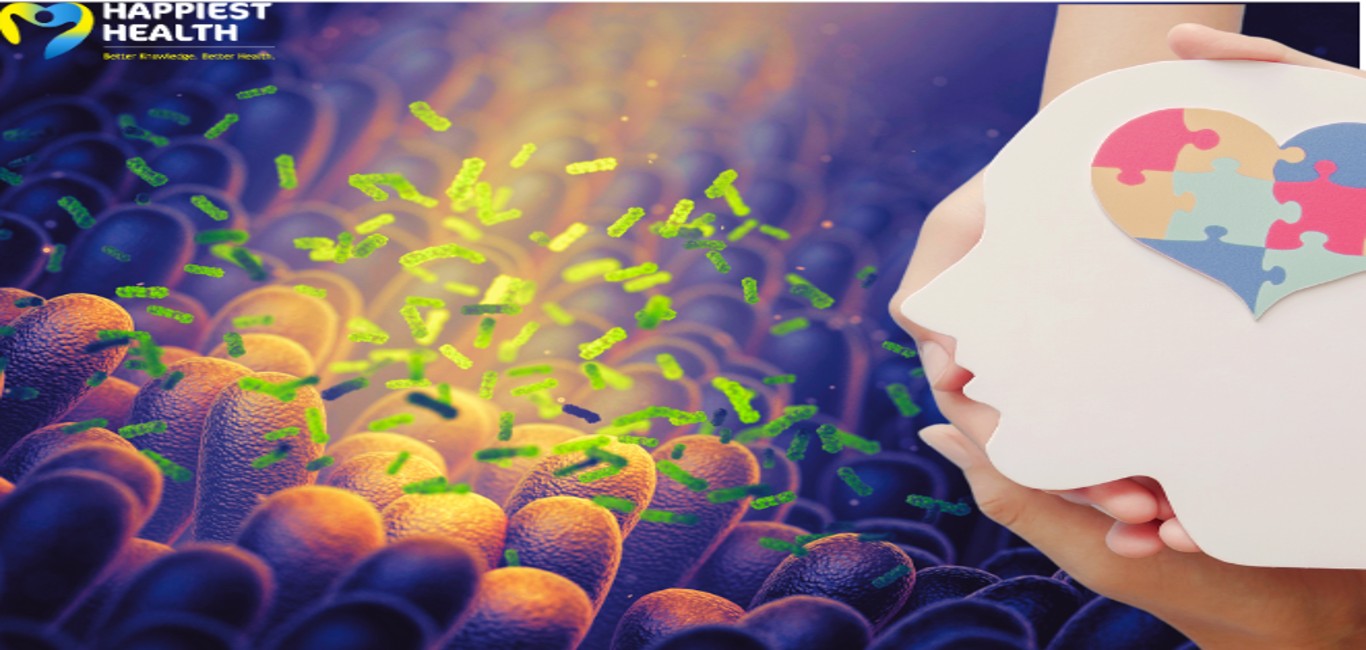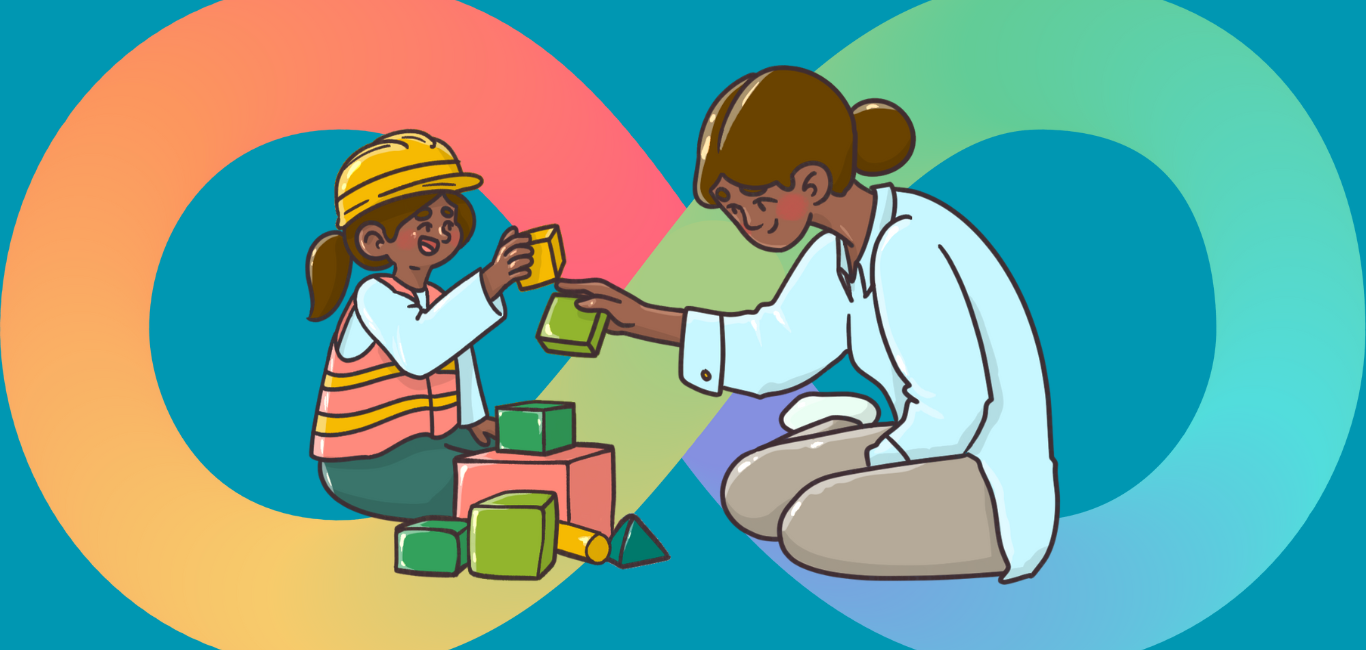
“Autism spectrum disorder is a neurodevelopmental disorder,” says Dr P Sumitha Hemavathy, physiotherapist at the Center for Advanced Paediatric and Adult Rehabilitation (CAPAAR), Bengaluru.
People with autism face difficulty in engaging themselves socially or catching social cues; they display repetitive behaviour like hand-flapping (stimming), repeating words, and rocking the body often. Further they face speech delay and motor deficits.
“Apart from these challenges, people with autism frequently experience gut-related issues, like constipation, diarrhoea and bloating,” adds Dr Hemavathy.
Dr Tony Grace from the Department of Genomic Science, Central University of Kerala, Kasaragod, Kerala, says there is limited knowledge about the underlying factors leading to autism, and conclusive reports are yet to emerge. However, he adds that autism could be linked to gut health.
Presence of bacteria
“Our team has found an imbalance of bacterial populations in the guts of people with autism” compared to non-autistic individuals, he says.
The tiny residents of the gut — the gut microbes – are now seen to play a vital role in our overall health. They also help in producing various molecules that play a crucial role in brain function, immune system response, and even behaviour, studies have found.
“In autism [cases], there is some imbalance in the gut that affects the development of the brain. Either certain bacteria are missing which are responsible for producing essential nutrients like vitamins [in those people], or they [the bacteria] are less in number,” Dr Grace says.
Maintaining the balance between good and bad bacteria within a gut ecosystem is essential for one’s overall health and well-being, adds Dr Dinesh K S, professor and head of the Department of Paediatric Ayurveda, Vaidyaratnam PS Varier Ayurveda College, Kottakkal, Malappuram, Kerala.
He adds that several health conditions such as allergies, autoimmune disorders, irritable bowel syndrome, anxiety attacks, and even autism, are associated with changes in gut bacteria.
Cultivating a healthy microbiome
Gut microbes are responsible for producing neurotransmitters such as serotonin, dopamine, GABA and short-chain fatty acids — all of which are crucial for gut health, brain functioning, immune system and behaviour.
Recent studies suggest that disturbances in gut microbiota change the gut metabolites e.g. vitamins, short-chain fatty acids, hormones, essential amino acids and neurotransmitters — thereby influencing brain function and resulting in behavioural disorders.
Insights from ayurveda research
“Simply providing probiotics may not be enough to restore the balance of the ecosystem; instead, we need to support the entire ecosystem,” Dr Dinesh emphasises. He adds that ayurveda offers a range of medicines, diets and lifestyle modifications that can nourish and support the ecosystem.
A recent study by Dr Dinesh’s group found a possible relationship between autism and gut imbalance. They highlight that ayurvedic herbs can balance the microbiota by establishing a healthy equilibrium through an ecosystem of different microbes.
The team used gene sequencing methods to identify the gut bacteria and analyse the quality and quantity of microbial gut flora in children with autism. The researchers focussed on the population of bifidobacteria before and after ayurvedic treatment.
They chose 60 children with autism and administered them multiherbal ayurvedic compounds like rajanyadi churna and vilwadi gulika. Along with this they also applied conventional methods such as occupational, speech and behavioural therapy. After one month of ayurvedic treatment, they found that the population of bifidobacteria in the guts of the children had increased and thrived well.
Read more about the role of Bifidobacteria.
Dr Dinesh says that after the treatment, there was an improvement in the children’s behavioural symptoms e.g. sensory dysfunction, stereotypy or typical and repetitive mannerisms, crankiness and spontaneous crying.
“Based on these results, we infer that regular ayurvedic treatments, dietary modifications, and lifestyle adjustments could control gastrointestinal issues in children with autism, promote gut health, and aid in social development,” he adds.
Diet to maintain the ecosystem
A correct diet significantly affects the composition of bacterial flora by enhancing their richness and diversity. Dr Dinesh says diet-induced changes can be seen in people 24-48 hours after they consume the prescribed food. This detection is independent of previous body features.
Conversely, improper dietary habits can lead to dysbiosis or imbalance in the gut. He says processed foods are best avoided as they often lack the nutrients needed to nourish gut bacteria. Dr Dinesh recommends a wholesome diet that includes grains, fruits, and vegetables. It is also important to consider when, how, and in which frame of mind they are consumed.
Looking ahead
While there is no definitive cure for autism, there are still many ways to improve the quality of life of autistic children, explains Dr Grace. For example, he suggests that working closely with medical professionals, it is possible to supplement missing nutrients through dietary changes, prebiotic and probiotic therapies — and even faecal matter transplantations.
Dr Dinesh agrees that these innovative interventions can help to restore balance and promote gut health, which in turn can improve such children’s social development and quality of life, he says.
Editor’s Note: this article is the second in a six-part series commemorating the World Autism Awareness Day (2 April)

















